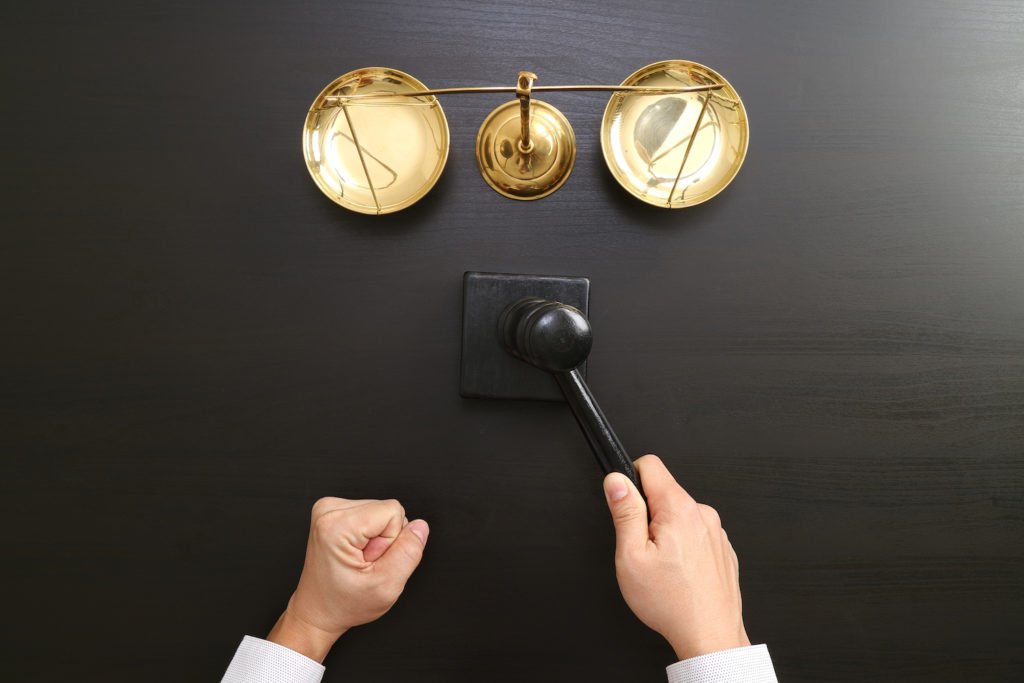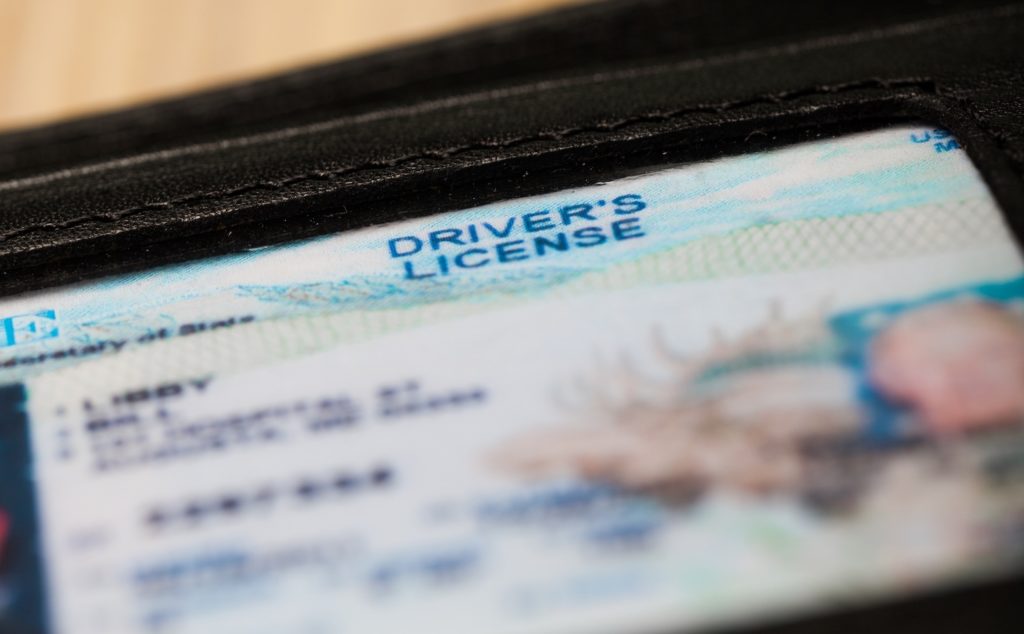A Driver Safety Hearing Officer is a DMV official who presides over administrative hearings to determine whether or not the DMV should suspend or revoke your driving privileges.
Five key things to know are:
- The hearing officer is not a judge, and his or her decisions do not affect criminal cases.
- You can bring your own attorney to the hearing.
- The hearing officer’s job is to review evidence and render a decision about your license.
- A common issue hearing officers handle is whether to impose a license suspension following a DUI arrest.
- The hearing officer will not set aside your license suspension merely because you need to drive for work.
Our DMV hearing lawyers will discuss the following in this article:
- 1. What is a California DMV hearing officer?
- 2. What is a DMV administrative hearing?
- 3. What are my rights at a hearing?
- 4. What are the possible outcomes?
- Additional resources

California DMV hearing officers decide whether to suspend driver’s licenses.
1. What is a California DMV hearing officer?
A hearing officer is a person within the DMV’s Division of Driver Safety who presides over administrative hearings.1
In the State of California, the DMV Driver Safety Office conducts administrative hearings to determine whether or not it should initiate a license suspension or revocation against a subject driver.2
A hearing itself is not a criminal court proceeding within a California superior court. The hearing process is essentially a less formal opportunity to try and protect your driving privileges.3
What a hearing officer does
A hearing officer performs the following tasks at a hearing:
- reviews documents and evidence,
- examines and reexamines witnesses,
- makes administrative rulings, and
- enters findings and decisions as to your driving privileges.4
Note that a hearing officer is not an official judge or a licensed attorney. A hearing officer is simply a DMV employee.
However, in a DMV hearing, you should address the hearing officer as “judge” or “your honor.”
2. What is a DMV administrative hearing?
If the California DMV decides to suspend or revoke your driving privileges, you can request an administrative hearing to challenge the Department’s decision.5
The hearings are conducted in Driver Safety Offices. Please click here for a listing of branch offices and field offices located throughout California.
If you want to request a hearing, you must do so within 10 days of receiving notice that the DMV wishes to act against you.6
10 reasons for a license suspension
- you received a DUI or other criminal conviction that carries a license suspension,
- you refused to submit to a DUI chemical test,
- you were underage and violated the zero alcohol tolerance law,
- the DMV questions your ability to drive safely (for example, you are an addict, an elderly person or have a mental or physical condition that limits your driving abilities),
- you are a minor and were convicted of a crime,
- the DMV put a hold on your driver’s license,
- you committed road rage,
- you lied on your driver’s license application or other DMV submission,
- you had no auto insurance,
- the DMV finds that you are a negligent operator for having excessive accidents or moving violations.
What happens during the hearing
During a hearing, you present evidence to show that you should keep your driving privileges, such as:
- your driving record,
- your criminal record,
- medical records (including your history of drugs and alcohol),
- witness testimony (for example, from a health care provider) made under oath, and
- witness statements made under oath.
The hearing officer then renders a final decision on the issues of revocation and suspension.
Note that the audio of DMV administration hearings is usually recorded.

You have 10 days to request an administrative hearing after receiving notice of your suspension.
3. What are my rights at a hearing?
If you request an administrative hearing, you have the right to:
- be represented by an attorney (although you can decide to represent yourself),
- review any evidence that the DMV presents,
- cross-examine any witness that testifies on behalf of the DMV,
- present evidence and witness testimony,
- testify on your own behalf, and
- receive a copy of the hearing officer’s decision upon completion of the hearing.7
Note that non-English speakers should bring an interpreter. Deaf drivers should call the Driver Safety Office to request an interpreter for the hearing.
Arguments that will win a hearing
Depending on the case, you try to show the DMV hearing officer that:
- the policeman lacked reasonable suspicion to make the traffic stop;
- the policeman failed to follow proper procedures;
- the state’s evidence is inadmissible and/or inaccurate; and/or
- the state’s accusations are false.
The DMV hearing officer will not be swayed simply because you need a license to keep your job.
If you are a no-show
Also note that if you do not show up, the hearing officer will automatically find against you.
If you cannot make your hearing, you should contact the DMV at least five days beforehand to reschedule. Otherwise, it may take three months to get a new one.
4. What are the possible outcomes?
A hearing officer may decide the following after a DMV hearing:
- to set aside (“dismiss”) an existing suspension and restore your driving privileges.
- you get placed on negligent operator probation (which means you must remain violation- and accident-free, or a suspension goes into place).
- you get a suspension but are granted a restricted license.8
- your license gets suspended.
- your license gets revoked.
You can challenge the Department’s decision to suspend or revoke your license by requesting a departmental review of its decision.9
Additional resources
For more information, refer to these California DMV websites:
- Administrative Hearings – Overview of admin per se hearings.
- Driver Safety Administrative Hearings Process – Step-by-step guide to admin per se hearings.
- Driving Under the Influence (DUI) – Summary of how DUI arrests open a DMV case and what to do.
- Driver Safety Offices – Locations of where admin per se hearings can take place.
- Driver’s License Application – Procedure for applying for a new DL in California.
Legal References:
- See, for example: Lake v. Reed (1997) ; California DUI Lawyers Assn. v. Department of Motor Vehicles (Court of Appeal of California, Second Appellate District, Division Four, 2022) 77 Cal. App. 5th 517.
- See same.
- California DMV website, “Administrative Hearings.”
- California DMV website, “Driver Safety Hearing Officer.”
- California DMV website, “Administrative Hearings.” See also California Vehicle Code and California Code of Regulations.
- See same.
- See same.
- California Vehicle Code 12813.
- California Vehicle Code 14105.5.
